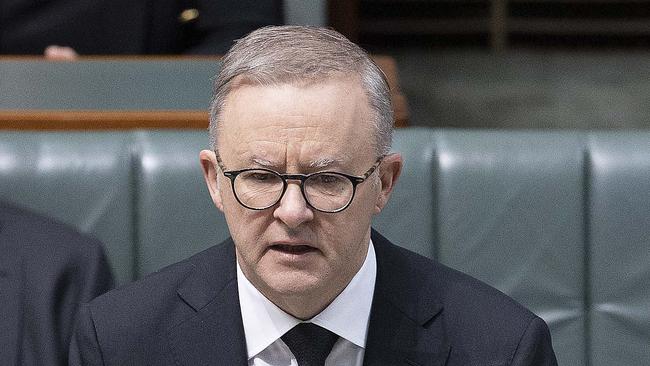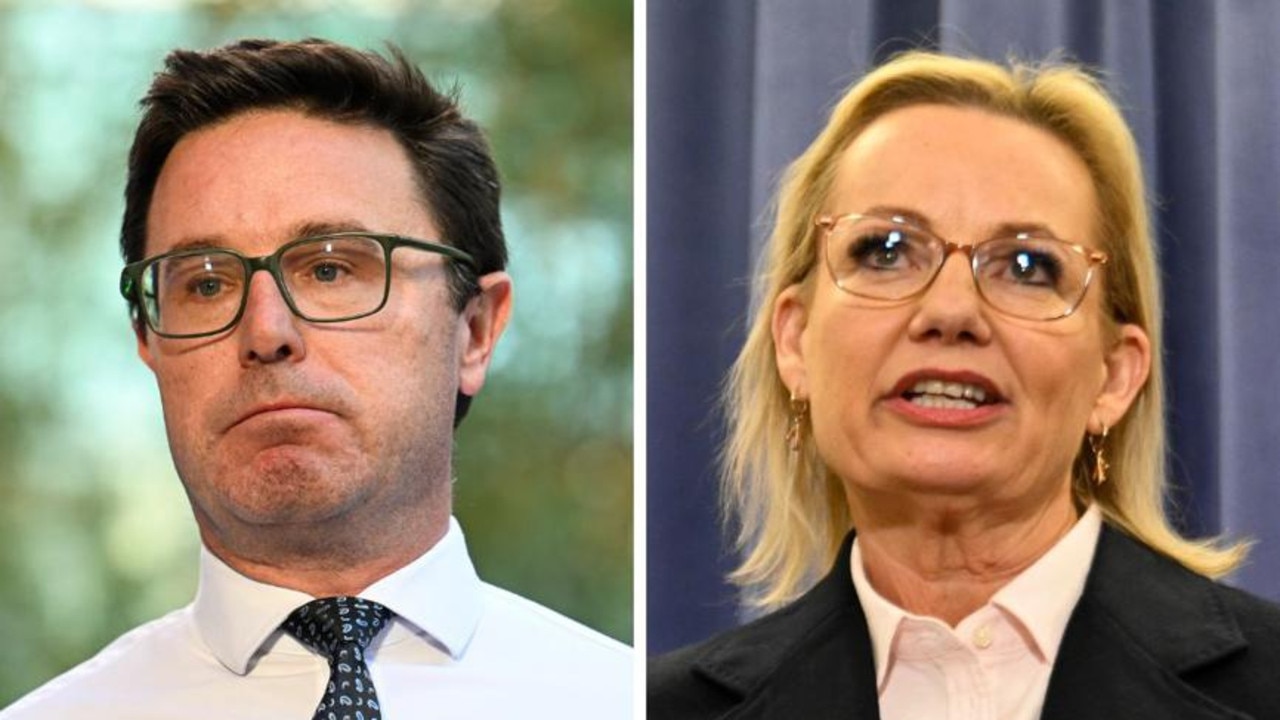
Almost five-months into the job, the Prime Minister has stayed true to his word as he implements Labor’s climate change, economic and social policies.
But less than four-weeks out from Jim Chalmers’ first budget, Labor’s razor gang is eyeing changes to the legislated stage three tax cuts.
The same tax cuts endorsed by Albanese and Chalmers ahead of the May 21 election.
The pragmatic decision by Albanese and senior colleagues to get behind the tax cuts, which from July 2024 will create a 30 per cent flat tax rate for workers earning $45,000 to $200,000, was controversial inside ALP ranks.
The Left faction wanted to scrap or cap the tax cuts, which the Greens say are estimated to cost the budget about $244bn over 10-years, and the Right faction wanted to keep them as proof that Labor is on the side of aspirational workers and families.
Speaking in the suburban Perth seat of Swan just a few days before the election, Albanese backed the cuts.
“They have been legislated. We support them. We stand by that. We don’t support the Greens (who oppose the tax cuts),” Albanese said on May 16.
The night before the election, Albanese declared Labor would not re-litigate the tax cuts.
“We’re going to ensure that there’s certainty going forward about what the tax system looks like. So that’s why we made that decision,” he told ABC’s 7.30.
Asked on Tuesday about whether the government was considering changes to the tax cuts, Chalmers warned that “when you get monetary policy and fiscal policy out of whack … there are consequences not just for the budget but for the economy as well”.
Chalmers also said that the Expenditure Review Committee was finalising “what’s responsible, what’s affordable, what’s sustainable”.
It is wrong to compare the tax cuts with those put forward by embattled British Prime Minister Liz Truss. The Truss government proposed and then abandoned plans to scrap the 45 per cent top tier tax rate and lower it to 40 per cent for high-earning Brits.
The stage three tax cuts in Australia were legislated years ago and accepted by Labor heading into the May election.
Putting aside the incompetency of Liz Truss and Chancellor of the Exchequer Kwasi Kwarteng, who seem intent on leading the Tories to a thumping defeat at the next UK election, European nations face starkly different conditions from Australia.
Europe is gripped with an energy crisis, the war in Ukraine, and volatile financial markets. Inflation in the US is out of control, while economic growth in China has slowed. If there is a global recession, there will be a negative impact on Australia but we are faring better than most.
Labor and the teal independents – who picked up a swath of Liberal-held seats including the blue-ribbon electorates of Higgins, Kooyong and Curtin – will want to tread carefully in overhauling tax relief that may well be needed in 2024.
Whatever they end up doing, if anything at all, Albanese and Chalmers will be cautious in their approach. Broken promises never end well.




Anthony Albanese won 10 Liberal Party seats and majority government on the premise that he would champion aspirational Australians and not break election promises.